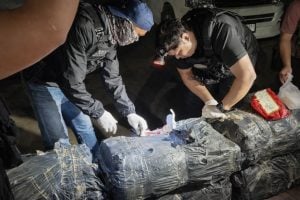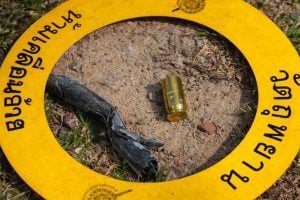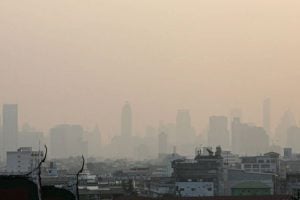Thai health officials warn against dangerous kids’ pimple popper toy
Experts sound alarm over rising injuries linked to toxic, poorly made playthings
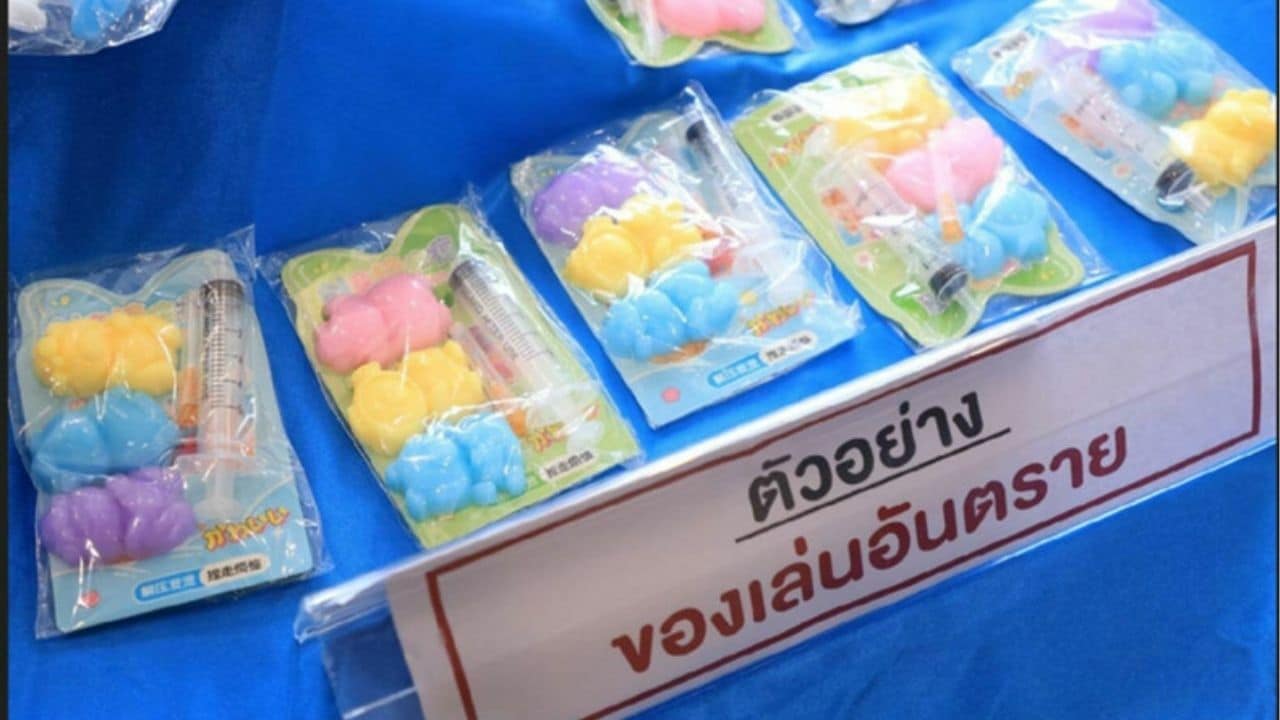
The Department of Health (DoH) has initiated a campaign to protect children from dangerous toys, including a new item dubbed the “pimple popper.”
The campaign was introduced at the department’s Data Centre with participation from the Royal College of Paediatricians of Thailand, the Child Safety Promotion and Injury Prevention Centre, and the Foundation for Consumers.
Director General Amporn Benjapolpitak expressed concerns about a toy called the “Moni Doll” or “pimple-popping toy,” which is widely available in wholesale markets and online. This toy, designed like a rubber animal, includes a syringe and needle that mimic real medical instruments. When air or water is injected, it creates a blister-like bulge for children to pop.
“The toy poses serious risks. The sharp needle can cause injury, and more worryingly, if reused medical syringes are involved, there is a potential risk of infection.”
She further warned that the toy could lead to dangerous misconceptions, where children might try to use actual medical instruments, potentially leading to life-threatening situations.
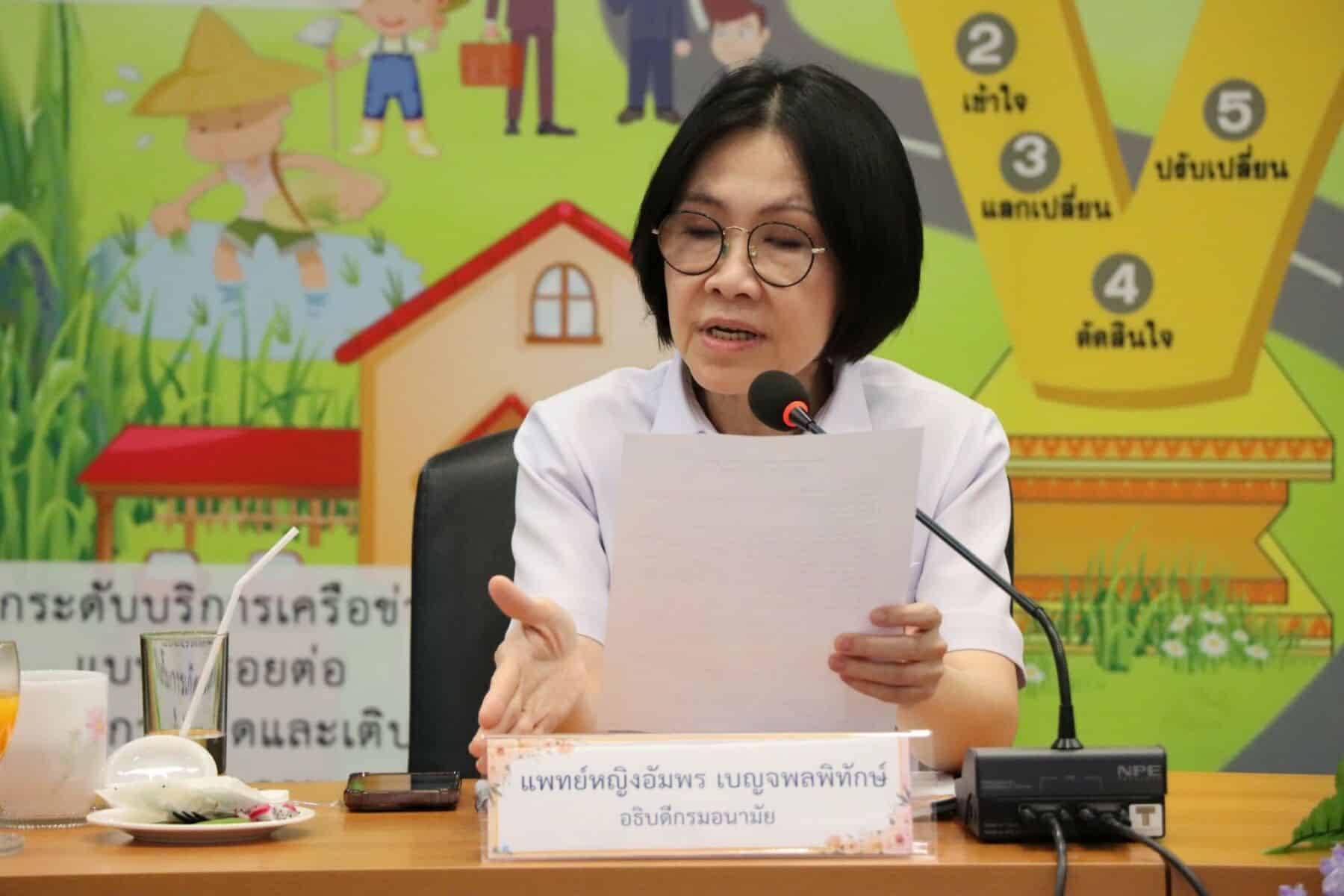
The department is advocating for safe and age-appropriate play to support healthy childhood development. Amporn advised the public to be vigilant when choosing toys.
ดูโพสต์นี้บน Instagram
Toys for children under three should be more than 3.2cm wide or longer than 6cm to avoid choking hazards. Attention should also be paid to strings or straps that might pose strangulation risks. The materials used must be non-toxic, free from harmful chemicals or dyes, and certified as safe for children, reported Bangkok Post.
She highlighted the importance of play in supporting developmental milestones. For instance, children aged nine to 18 months benefit from toys that stimulate the senses, like those with bright colours and sounds. Safe materials include plastic, fabric, rubber balls, dolls, pillows, and baby books.
In similar news, health officials have raised concerns about measles among travellers returning from neighbouring countries, warning that young children are especially vulnerable and face a higher risk of severe complications or death.
Measles, a highly contagious airborne virus, spreads in a similar way to tuberculosis. The Department of Disease Control (DDC) is urging the public, particularly those recently abroad, to monitor for symptoms such as fever, cough, runny nose, and a distinctive rash.
The DDC emphasises the importance of early detection and vaccination, especially for young children, to help curb the spread of the virus and protect at-risk communities.
Latest Thailand News
Follow The Thaiger on Google News:








